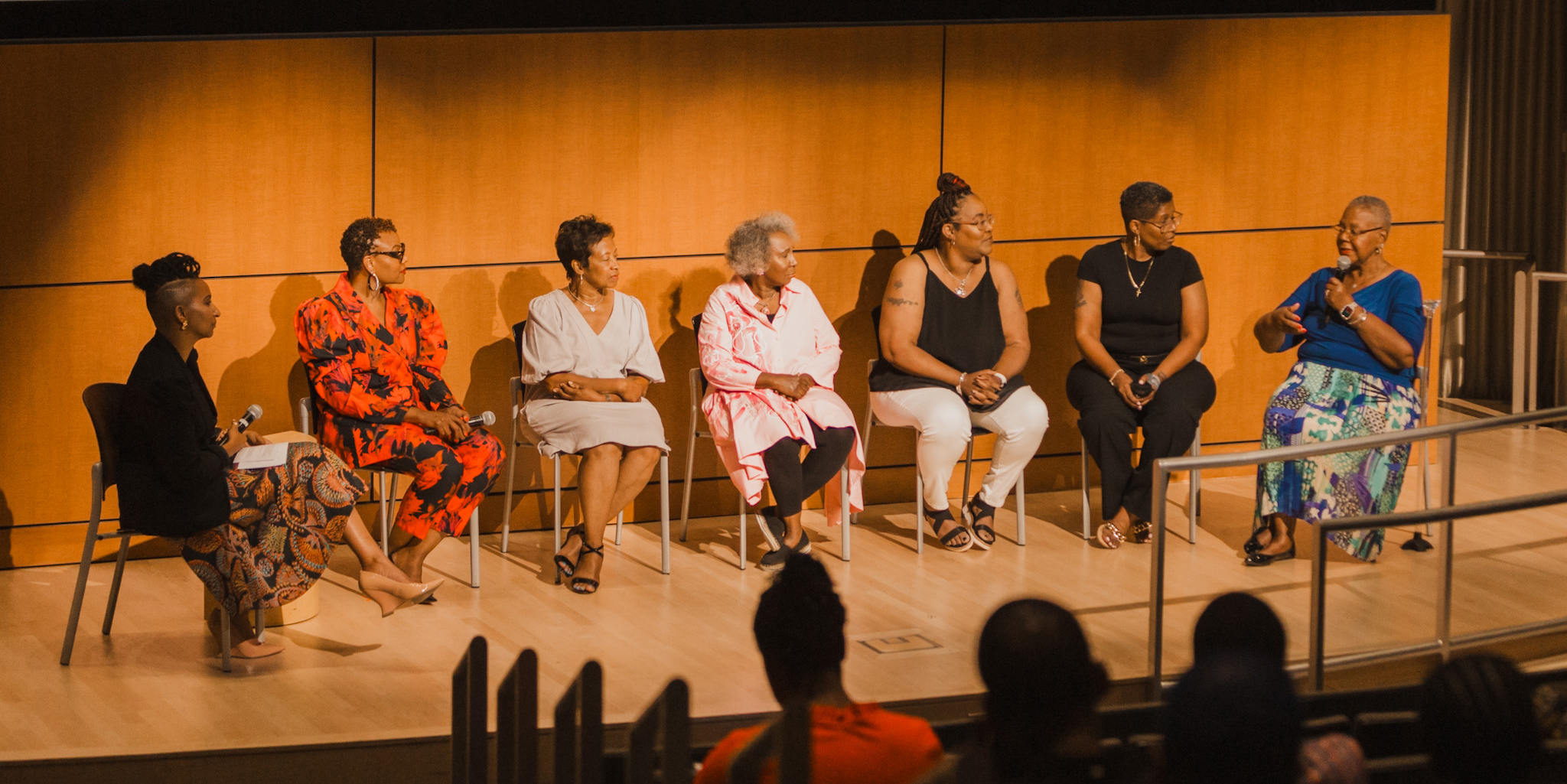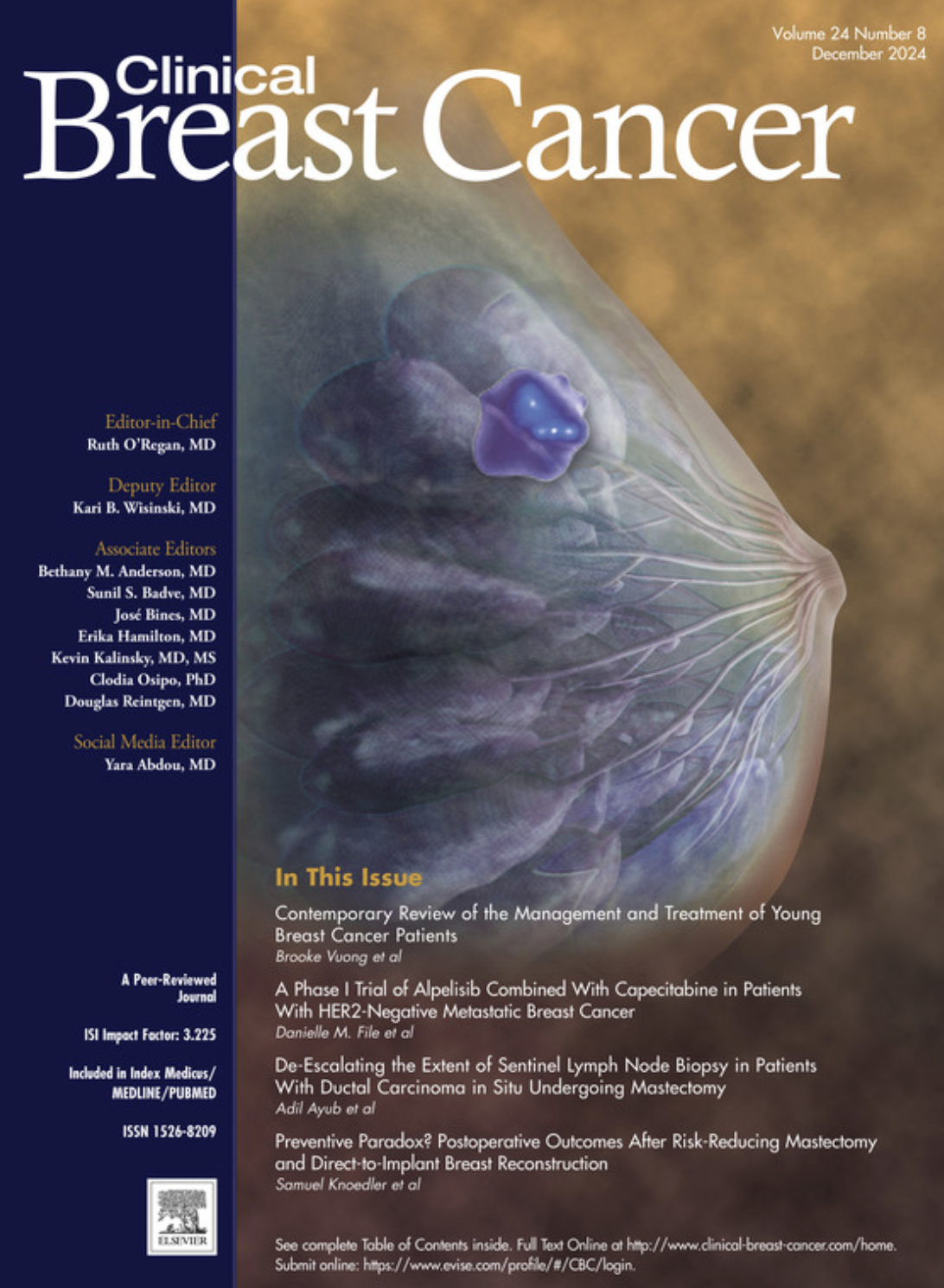Breast Cancer Genetic Testing I Primary Care with Dr. Lonnie Joe

A lawmaker proposed a bill that would ban DEI in medical schools. Doctors say it could roll back progress toward improving Black maternal health.

REDEFINING THE CROWN
Chemotherapy-induced hair loss is a devastating event. However, it may hold particular relevance for Black women for whom hair holds incredible historical, political, and sociocultural significance. Black women are also more likely to be diagnosed with aggressive breast cancer subtypes necessitating chemotherapy, carrying a 40% increased risk of dying from breast cancer.
Racial Health Disparities in Genetic Testing & Breast Cancer Treatment
BWLC Symposium: The Collateral Damage of Dobbs on Women’s Health: Beyond Abortion Care, Panel 2
South Asian Federation of Obstetrics and Gynecology (SAFOG) Breastfeeding & Breast Cancer

DOCTORING WITH COMPASSION
Compassion is key to providing exceptional medical care. Dr. Versha Pleasant delivers the keynote address for the Gold Humanism Honor Society Induction Ceremony at the University of Michigan, in which she asks: what are you wearing? She explains how— in the same way that doctors put on the physical white coat— physicians must also choose to wear compassion.

‘A national emergency’: Black women still 40% more likely to die of breast cancer than white women

A Tale of Two Women: Racial Disparities in Breast Cancer Genetics by Versha Pleasant, MD, MPH, University of Michigan

Connecting Church and Community: The Left-Handed Desk

Community initiative helps uninsured in Detroit receive health screenings: ‘Stayin’ Alive’ health initiative helps uninsured, underinsured

Black women experience disproportionate breast cancer-related mortality, with similar overall incidence to White women. Approaches to address these racial health disparities should be multifaceted. Universal genetic counseling and testing for Black women could represent one dimension of a comprehensive approach in guiding early identification of those women more likely to experience higher breast cancer-related mortality.

Versha Pleasant*, MD, MPH, is a clinical assistant professor of obstetrics and gynecology and Director of the Cancer Genetics and Breast Health Clinic at Michigan Medicine at the University of Michigan. She specializes in the medical and surgical care of patients with hereditary breast and ovarian cancer syndrome. We spoke with Pleasant about her career and how she weaves together storytelling, medicine, and advocacy.


